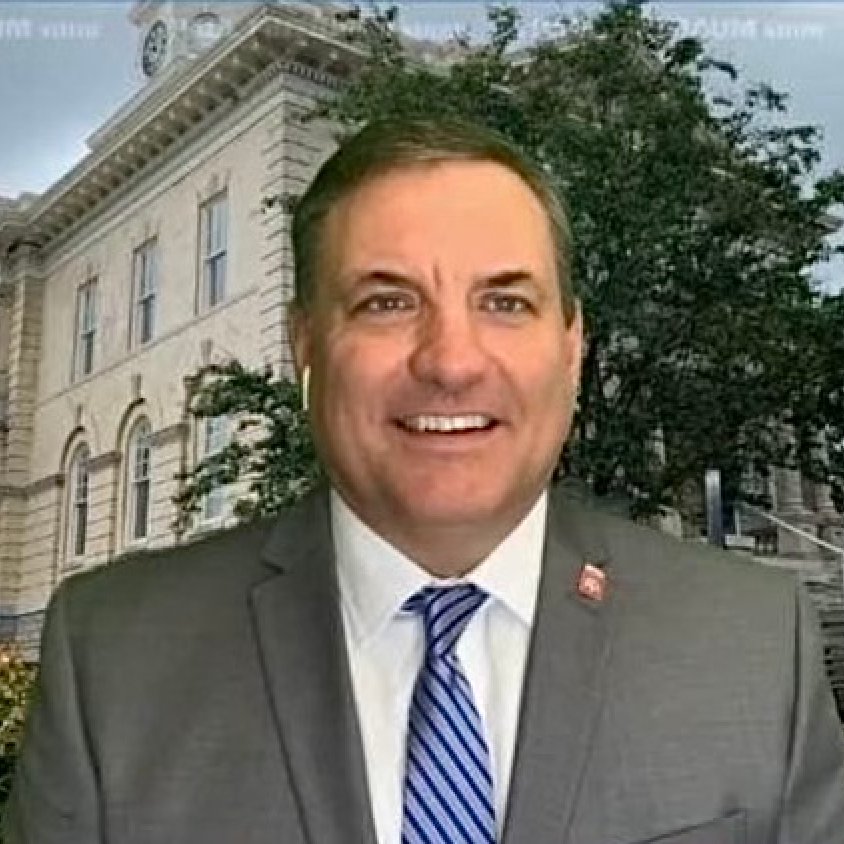Kirby Smart shares why he has resisted hiring trend in college football

ATHENS — Kirby Smart wants to make things clear: He hasn’t hired a “general manager” to oversee his personnel at this time because he takes another approach.
That’s because Smart — regarded as one of the more effective head coaches when it comes to roster management — believes his Georgia football program has the bases covered.
“It’s not that we don’t want or need (a general manager) — there’s a difference, some people want to delegate and not be in charge,” said Smart, who enters his 10th season as the Bulldogs’ head coach with two CFP championships and three SEC titles on his resume.
“What I define as a GM role, if you are talking about evaluating talent and watching talent in the portal, or on other rosters that might go in the portal, or the guys in high school, we have that,” Smart said on Birmingham radio station WJOX last week. “That’s what a GM does, (and), we have people to do that.”
Several college programs have hired general managers to help identify and secure incoming personnel.
“Everybody’s going to the NFL model,” Duke GM John Garrett told the Sports Business Journal. “And rightly so, because it’s no longer amateur sports.”
The fact that athletes now can be paid, through name, image and likeness legislation, has complicated roster management in conjunction with more liberal transfer rules, which has created free agency.
“It’s the fastest-growing industry in college football,” Texas Tech GM James Blanchard told ESPN. “We’re hitting the golden age of the personnel world, as far as college football goes.”
But Smart and his Georgia football program have continued to secure elite talent, through the recruitment of elite high school talent in addition to the transfer portal.
The Bulldogs combed through available talent this past offseason in adding key players at the receiver, outside linebacker, tailback and safety positions, most notably.
One of Smart’s primary reasons for wanting to continue to oversee all player transactions is his emphasis on relationships.
“I don’t want a GM tagged to say, ‘This guy is going to be a negotiator, he’s going to go and close the deal and sign the deal,’” Smart said. “It’s still a relationship business for us.”
Smart said if college football operated like the NFL, he would take a different approach.
“If we were drafting and we could go across the state and say, ‘OK, this is our draft pick,’ (then) I think a GM role is really, really important,” Smart said, “but when you have to have a relationship with somebody, how does that GM have a relationship with somebody?”
Smart points out that most NFL GMs don’t typically have relationships, “so they become transactional.”
Indeed, it’s more of a business deal at the NFL level, whereas collegiate programs identify talent earlier in the players’ careers.
College programs still invest in building relationships with visits to the players’ high schools and inviting the prospects and their families to observe practices and check out the campus and academic programs.
“We find our niche in our culture,” Smart explained, “which is relational, and trying to have a relationship with somebody.”
But no, Smart said, it’s not a matter of him trying to do everything by himself, even if he is regarded as one of the more hands-on head coaches in college football.
“We have people that do GM (roles),” Smart said. “We don’t sit here and say, ‘Well, coach Smart does everything.’ I can’t do everything.
“(But) have people that talk numbers and do different things, we just don’t have somebody that’s making the ultimate decision because that guy doesn’t know the market.”



